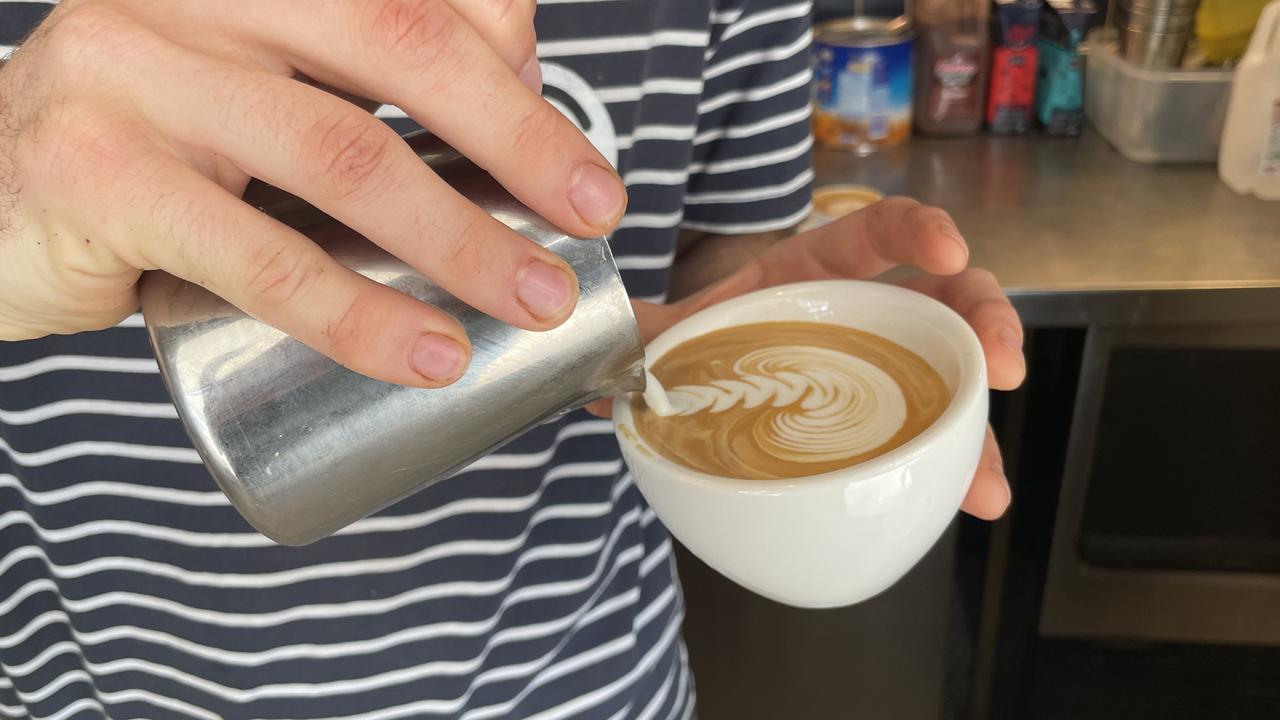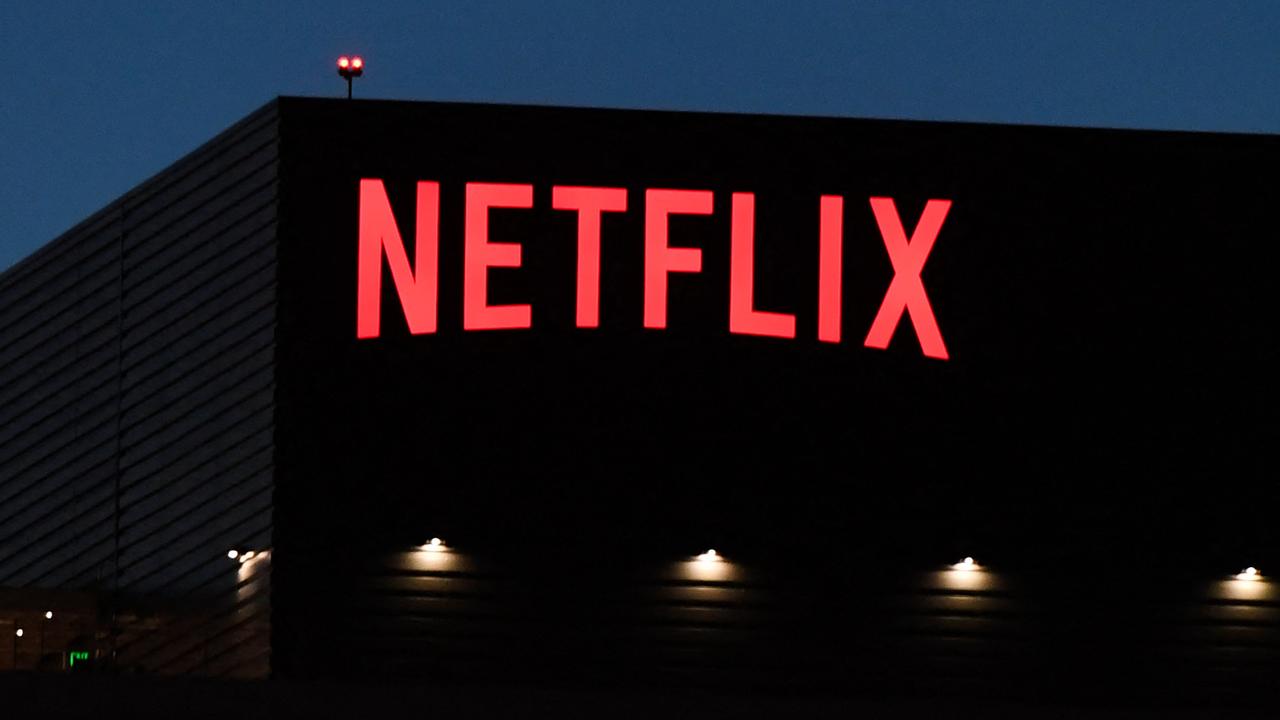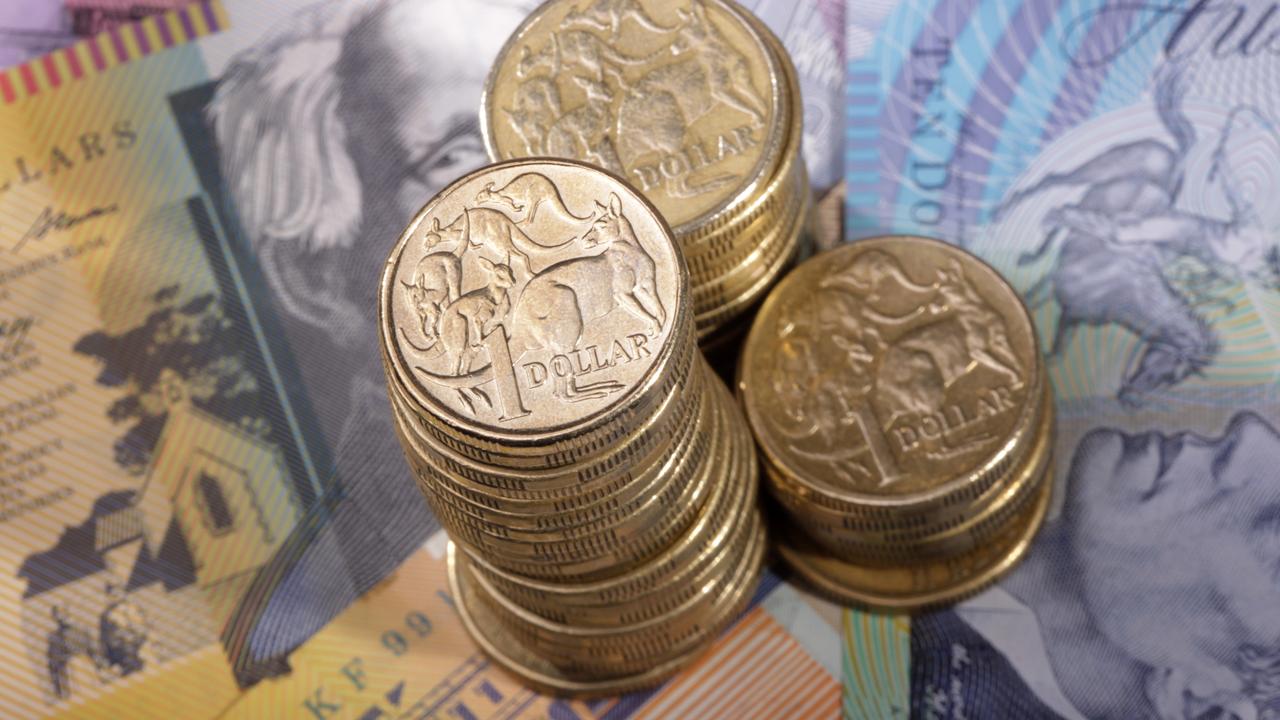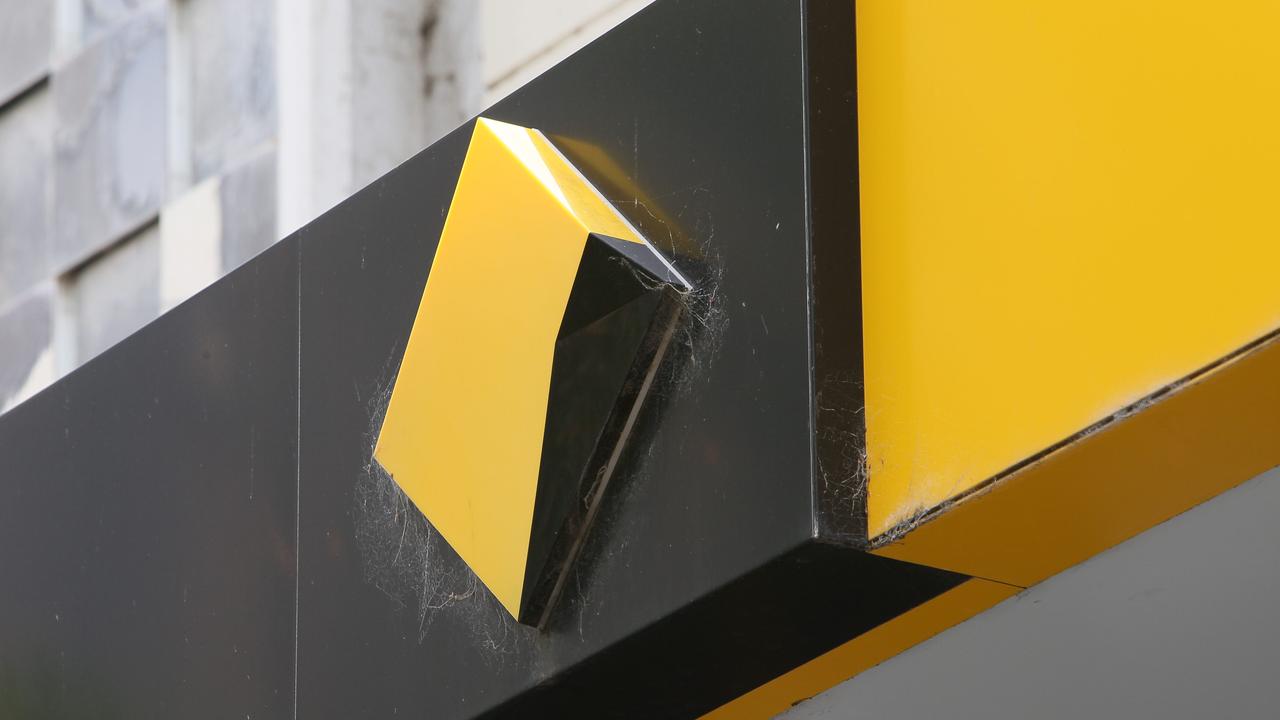Force the nation into recession, Aussies urged
Aussies are being urged to stop splashing cash on “Netflix, flat-whites and eating out” to trigger a recession.
Aussies are being urged to stop splashing cash on “Netflix, flat-whites, movies and eating out” to trigger a “DIY recession” that will save us from years of pain.
The extraordinary call from Rand Low, an Associate Professor of Quantitative Finance at Bond University, comes amid resurgent inflation in Australia, warnings of more rate hikes and fears of escalating conflicts in Ukraine and the Middle-East.
Dr Low argues everyday Australians need to cut back on “discretionary spending” so that we can collectively drive the nation into a recession — one that he claims would be “short-lived”.
He said that if we don’t do this we would likely suffer from a “very severe recession” that may take many years for us to get out of.
“It’s true that if we eat out less, buy less ‘stuff’ it will impact the economy and drive it into a recession,” he said. “But what we are looking for is that it may be necessary to have a slight recession for maybe a year or so, rather than a ‘deep’ recession that may last several years.”
He said this is because non-discretionary spending and inflation is likely rise up due to the cost of subsistence goods (i.e., petrol, food, energy, shelter) going up.

“This is due to the on-going wars in the Middle East and in Europe,” he said. “It affects our supply chains, our cost of petrol, etc.”
This pain is already being felt by everyday Aussies. The price of petrol is now AUD2.30 per litre and it is likely to increase further as conflict in the Middle-East continues.
Dr Low also warned the likelihood of geo-political risk abating between China and western nations due to trade imbalances appears to be low.
“We also see that locally in Queensland and Australia, unions have been asking for wage increases across the board from construction, healthcare, education etc. to deal with the rising cost of living,” he said. “This will have a flow-on effect on professional white-collar jobs that will expect a similar increase in wages.

“Wage increases are acceptable as long as there is a corresponding increase in productivity.
“Otherwise, if there is no increase in productivity, any additional increases in wages simply serves to increase the price of goods and services, which is inflation.”
Why we should start spending less
Dr Low said the biggest fear globally for economists and central bankers is the idea of “stagflation”.
“This means you have both the combination of a stagnant economy, and increasing price inflation,” he said. “Economists who are calling for a rate rise are fearful of the downward spiral that starts off when prices for basic goods and services increase, followed by wage increases without an increase of labour productivity, to the point that Australia becomes an uncompetitive economy in a globalised market environment.”
He said if that happens, Australia will suffer from a very severe recession that may take many years for us to get out of.
“Therefore by having a rate rise they (the RBA) are hoping for a ‘soft landing’ meaning that Australia will have a slight short-term recession in the short-term,” Dr Low said.

“Once we start to have peace in the Middle-East and Europe, and geo-political relations are improved, and the global economy begins to chug along again, Australia will be right there to produce minerals, education, technology, etc. that the world needs.”
‘Cut back on dining out, Netflix’
Dr Low said the “wisest thing” Aussies can do to prevent further pain down the track is to dial-down their discretionary spending right now.
“Focus on your needs, and not your wants. And have wisdom to discern the difference. Netflix, flat-whites, movies and eating out are not physical needs; however, many people might feel they are part of their emotional and mental needs,” he said.
“We can’t avoid expenses like shelter, utilities, food, etc but we most probably can delay purchases of some electronics and eating out.”
He said if we can do this it would drive the nation into a short, sharp recession but avoid a drawn-out downturn spurred by “stagflation”.
“Ultimately, I am very positive about the Australian economy in the medium to long-term,” Dr Low said. “In the short-term there are many challenges globally, and in a globalised market environment Australia is suffering from these ‘shared effects’.

“The idea of a recession in Australia is frightening; however, Australia has experienced almost three decades of economic growth. This is an unbelievable success story of the resilience of the Australian economy that no other modern western nation can boast of.
“We should bear in mind that this is still the ‘lucky country’ and Australia has a lot going for it. The Australian economy faces some headwinds in the short-term, but nothing worse than most other developed nations in the world.”
CBA makes call no Aussie wants to hear
One of Australia’s biggest banks has made a devastating new prediction for Aussie homeowners.
After a series of RBA meetings that have resulted in the official cash rate being put on hold, Commonwealth Bank has warned the tide may be starting to turn in the favour of further rate hikes.
That’s not the only bad news if you have a mortgage.
CBA’s head of Australian economics, Gareth Aird, said on Tuesday that not only were further rate rises now a “near‑term risk”, but any cuts will also come slower than previously expected.
Most of the expected cuts will likely be pushed back to 2025, he said.
He explained that strong population growth, driven by net overseas immigration, has put pressure on the Consumer Price Index.
“Most notably the housing‑related components,” Mr Aird wrote.
“As a result, demand is stronger and so inflation is falling less quickly than otherwise.”

He explained this means interest rates need to stay higher for longer to help bring inflation back down.
Rates were predicted to start dropping in September, but that has now been pushed back to November.
“The near‑term risk sits with an interest rate hike,” Mr Aird warned.
“But we expect the RBA to be on hold over the next six months.”
He predicted that “an easing cycle”, where the RBA begins to drop interest rates, could start in November this year, several months later than anticipated.
The RBA’s next policy meeting will be held on May 7.






